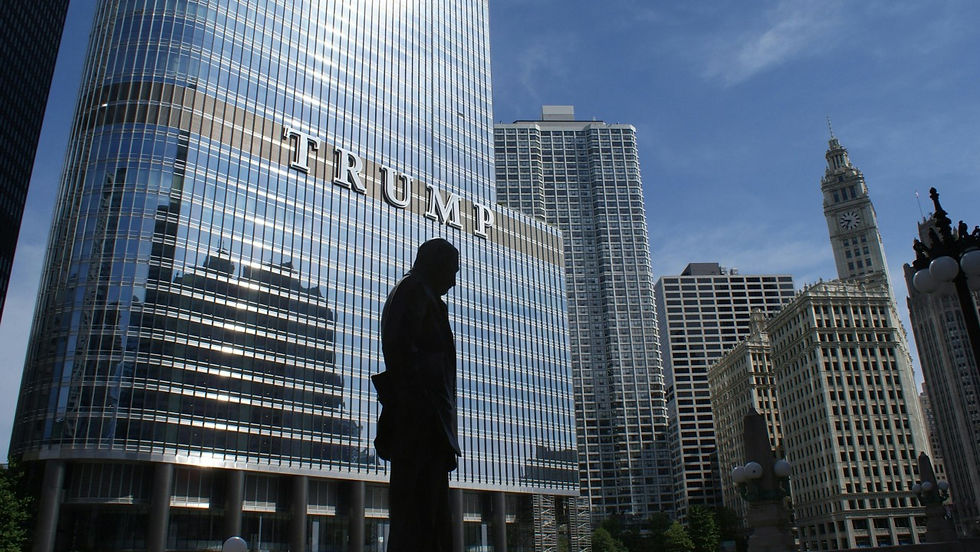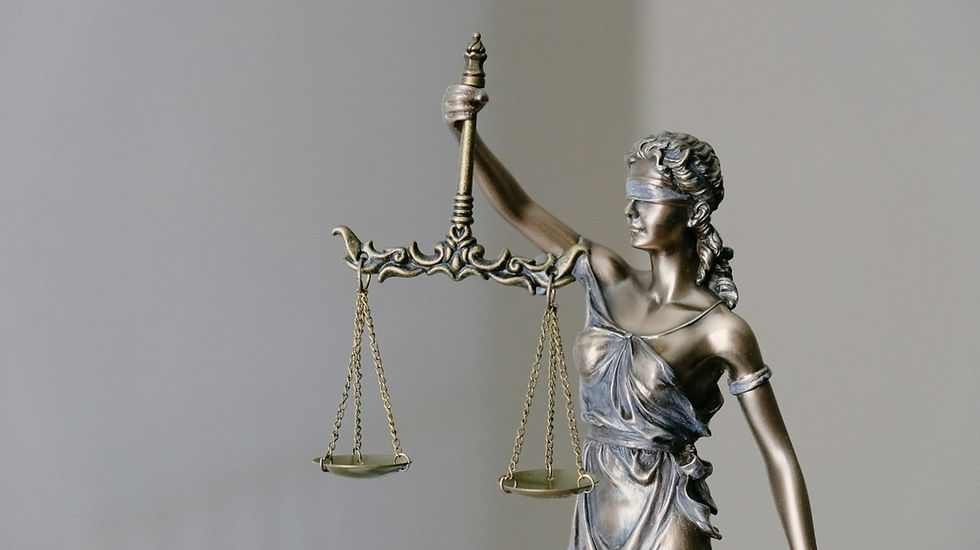Social Media Regulation should not stop at TikTok
- Apr 14, 2023
- 2 min read

TikTok has had a difficult few weeks. From the recent £12.7 million Information Commissioner’s Office fine in the UK, to the CEO’s unsuccessful appearance in front of the House Energy and Commerce Committee in the U.S., things haven’t been going well for the company.
Some have argued that the recent global clamp down on TikTok represents a new level of activism amongst politicians which reflects growing concerns about user privacy, algorithm design, and mental health online. But you don’t need to scrape very far below the surface to suspect that what is driving political action isn’t concern about TikTok as a social media site - it’s Sino-scepticism.
In light of recent geopolitical tensions and rising state-sponsored cyber attacks, Western governments are right to be cautious. It’s undeniable that TikTok's Chinese ownership presents unique challenges and despite all the assurances given by TikTok, the App still facilitates the potential for data exploitation and the amplification of Beijing's influence. However, we must remember that Western-owned social media platforms need similar scrutiny even if their governance means they are not as at risk of influence from hostile nation-states. Look at the design, terms of service and governance of Western tech companies and many are also guilty of using potentially harmful algorithms, undermining national interests, and inadequately protecting users' data.
It’s no surprise then that in recent weeks, some US politicians have urged Congress to expand its focus from TikTok to other social media sites, emphasising the need for a comprehensive policy that strengthens online privacy protections and applies the same standards to all platforms. They are not wrong.
The first step in creating meaningful online safety involves advocating for industry-wide regulation. This must address excessive personal data collection across all platforms, including TikTok. We must demand comprehensive privacy laws that protect users from predatory algorithms and ensure a safer online environment.
We must also mandate transparency in the operations of social networks. By providing access to civil society and academic researchers, we can more effectively monitor, analyse, and identify potential threats. Western platforms have allowed this to some extent, but Twitter, which was once a beacon of transparency, has started to backtrack on this front.
As Western governments come together to address the unique risks posed by TikTok, we should also invest in initiatives that strengthen global resiliency against surveillance and manipulation, regardless of the platform or country of origin. Supporting independent journalism and civil society coalitions that resist censorship and advocate for freedom of expression is vital to preserving our democratic values in the digital age.
The TikTok situation has shed light on the pressing need to regulate social media platforms, both foreign and domestic. We must use the momentum generated by this controversy to advocate for comprehensive legislation that reins in the powers of all social media platforms, ensuring the well-being of users and upholding democratic values.




Comments